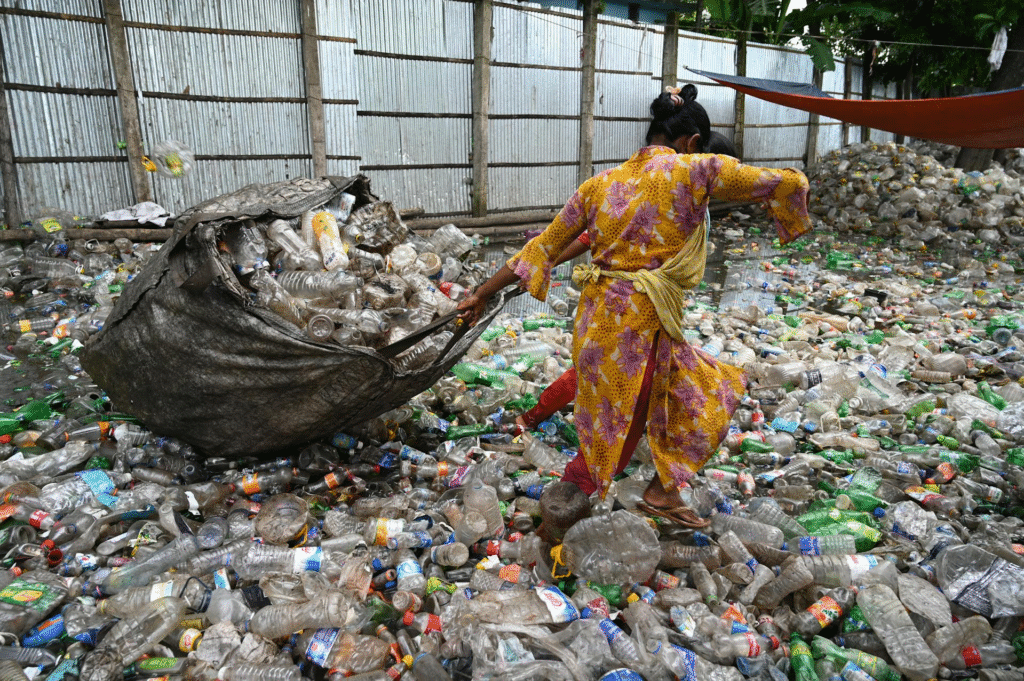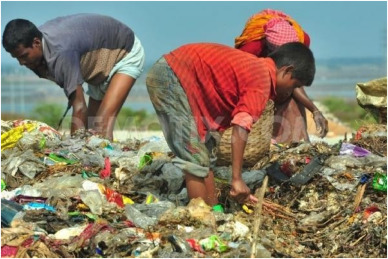Introduction
Comilla City Corporation (CCC), located in the south-eastern region of Bangladesh at coordinates 23.450001, 91.199997, faces escalating challenges in managing municipal solid waste amid rapid urbanization. The transformation from Comilla Municipality to Comilla City Corporation in 2011 coincided with unprecedented urban expansion, yet waste management infrastructure has failed to keep pace with population growth. This article examines the critical importance of waste management in Comilla, drawing on empirical research, case studies, and sustainability frameworks to underscore the urgent need for systemic reform.

The Scale of Waste Generation in Comilla
Empirical research conducted across 27 wards of Comilla City Corporation provides alarming quantitative evidence of the waste crisis. Over a 15-day study period, researchers documented 2,268 tons of waste generated from diverse sources including households, hotels, bazaars, hospitals, and streets (Majumder & Karim, 2012). The composition reveals that food waste, vegetable residues, fish, and chicken waste constitute 66% of total waste, while paper products account for 10.64%, and polyethylene, plastic, and rubber materials comprise 10.26%.
More critically, approximately 79% of generated waste is biodegradable, with non-biodegradable materials containing recycling potential: 42% metals, 35% glass, and 23% plastic. However, this recycling potential remains largely untapped. Studies on plastic waste recycling in Cumilla District identified 32 recycling industries operating with traditional methods, collecting 24 tons of plastic waste daily (720 tons monthly), yet only 23.28 tons daily (705.8 tons monthly) undergo actual recycling, with approximately 0.72 tons per day directly disposed into the natural environment.

Systemic Failures and Infrastructure Deficiencies
The Comilla City Corporation's waste management system suffers from fundamental structural inadequacies. Research findings indicate that approximately 56% of residents express dissatisfaction with existing waste collection services, while only 38% demonstrate concern about environmental and health impacts of solid waste. These statistics reveal dual crises: inadequate service delivery coupled with insufficient public awareness.

Low collection coverage, unavailable transport services, and absence of suitable treatment facilities constitute the primary barriers to effective waste management. Most waste products are currently dumped in open fields rather than directed toward controlled disposal sites or recycling facilities. The shortage of adequate dustbin systems throughout the city exacerbates this challenge, creating unsanitary conditions in residential and commercial areas. Majumder and Karim (2012) attribute these failures to limited budgetary allocations, inadequate institutional capacity, and ineffective governance mechanisms within the corporation.
Interconnected Water, Sanitation, and Urban Development Challenges
Waste management failures in Comilla directly correlate with deteriorating water quality and sanitation conditions. The city's water supply system, jointly operated by the Department of Public Health and Engineering (DPHE) and Comilla City Corporation since 2011, serves a politically demarcated area of 53.04 square kilometers—expanded from 37.50 square kilometers in 1982. Approximately 30% of families residing in slums within CCC areas suffer acute water shortages, with improper waste disposal contaminating groundwater and drinking water sources.

This interconnection reflects broader urban development failures. Rapid urbanization has expanded residential areas northward, reducing agricultural land and straining infrastructure systems designed for smaller populations. Urban expansion occurs beyond political boundaries, creating governance gaps where waste management responsibility becomes diffused among multiple agencies, none possessing sufficient authority or resources for comprehensive solutions.
Plastic Waste: An Escalating Environmental Threat
Plastic waste represents a particularly acute concern in Comilla District, where bottles, jars, buckets, and plastic bags constitute primary waste forms. Research emphasizes that improper plastic management poses existential threats to marine ecosystems, reduces soil fertility, and contaminates groundwater. Traditional plastic recycling systems in Comilla exclude plastic labels from the recycling process, reducing efficiency and creating environmental hazards.
The study recommends transitioning toward mechanical and chemical recycling methodologies to enhance quality and management efficiency. Such technological advancement would address the 14.4 tons of plastic waste monthly disposed directly into natural environments rather than processed through formal recycling channels.

Public Health and Environmental Implications
Improper solid waste management creates cascading health consequences throughout Comilla's urban communities. Uncollected waste fosters disease transmission vectors, particularly malaria and respiratory illnesses through groundwater contamination. In national context, Bangladesh generates approximately 25,000 tons of waste daily, with 55% remaining uncollected in urban areas, establishing frameworks for understanding Comilla's localized crisis within broader national patterns.
Progress Through Community-Based Approaches
Promising developments emerge through community-driven initiatives. The Urban Partners for Prosperity (UPPR) Settlement Improvement Fund has facilitated infrastructure development in Community Development Committees throughout Comilla, enabling improved water and sanitation access while establishing community-driven waste collection systems. These interventions demonstrate that localized, participatory approaches can complement institutional reforms.
Recommendations
Waste management has become critical in Comilla City Corporation due to convergent factors: exponential waste generation, systemic infrastructure failures, inadequate public awareness, limited institutional capacity, and interconnected environmental threats. Sustainable solutions require multifaceted interventions including infrastructure investment, technology adoption, institutional capacity building, and public awareness campaigns. Comilla's developmental trajectory depends upon transforming current waste management from crisis-responsive approaches toward proactive, integrated systems that protect human health, environmental integrity, and long-term urban sustainability.
References
Majumder, S., & Karim, A. (2012). Urban solid waste management: A study on Comilla City Corporation. Journal of Economics and Sustainable Development, 3(11), 125-138.
United Nations in Bangladesh. (2023). A roundtable discussion on solid waste management—Challenges and solutions for Bangladesh. Retrieved from https://bangladesh.un.org
World University of Bangladesh, Ahsanullah University of Science & Technology, & Bangladesh University of Engineering and Technology. (2019). Study on plastic waste recycling in Cumilla District. Bangladesh Environmental Research Journal, 15(2), 89-102.

